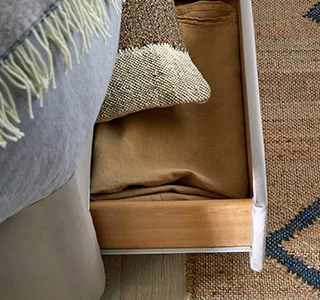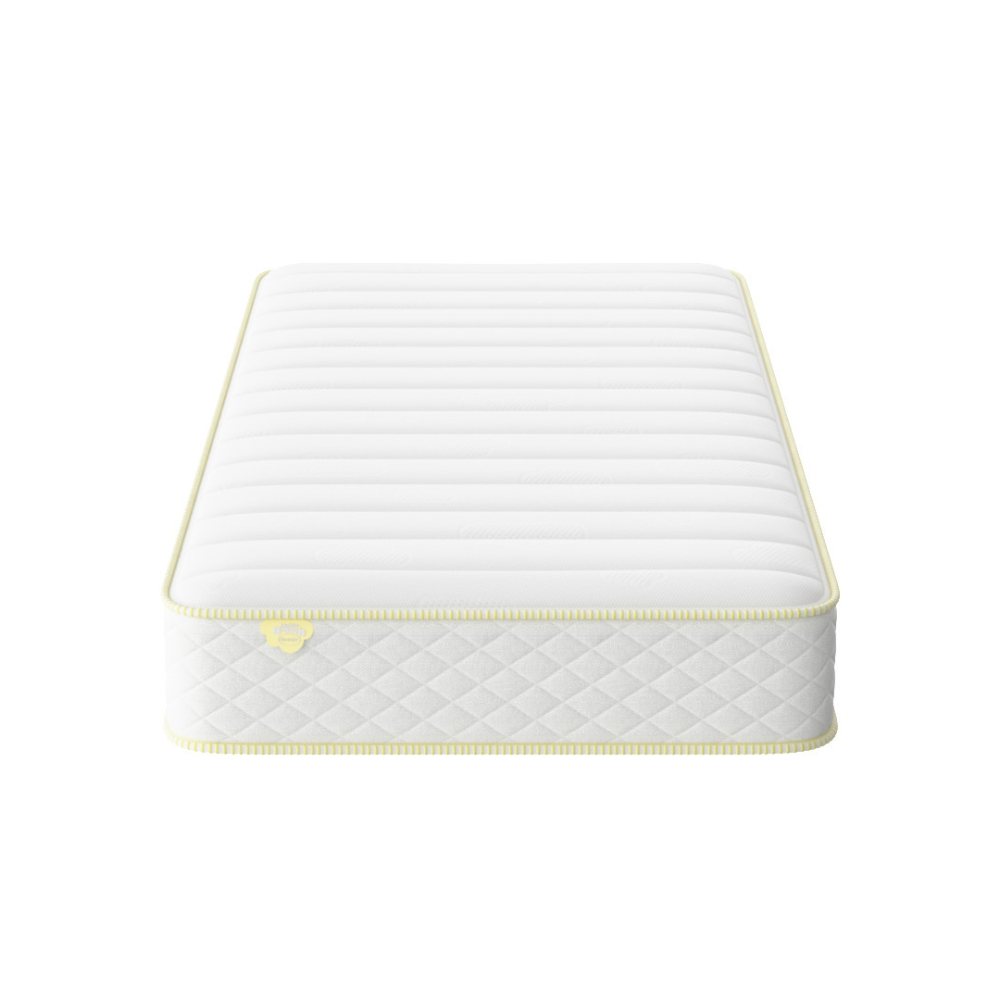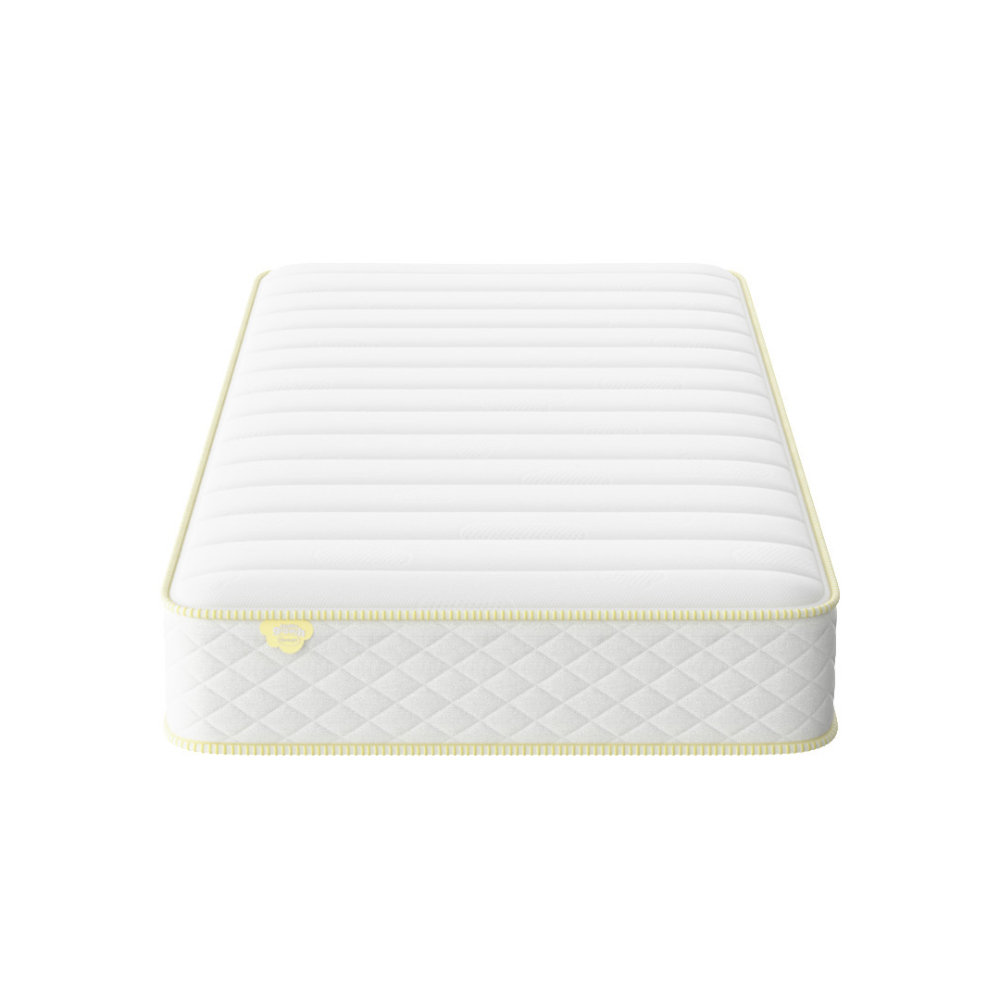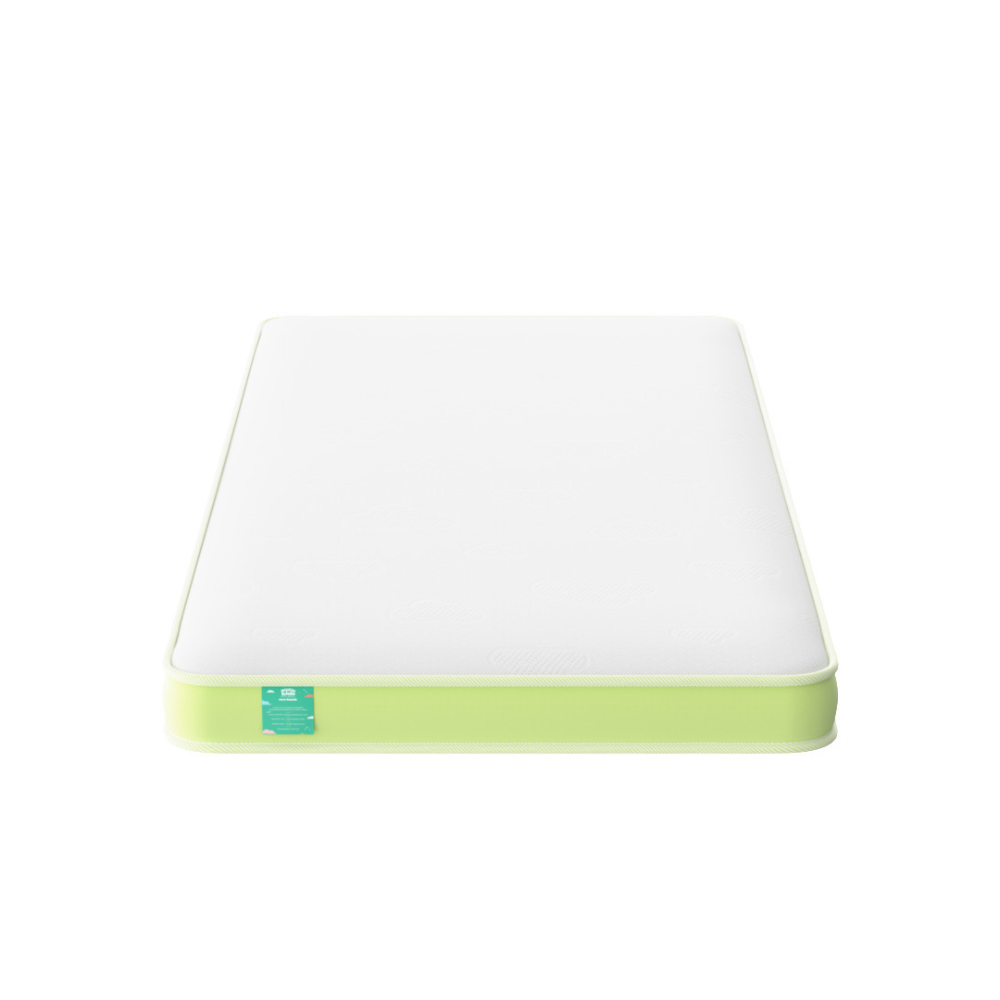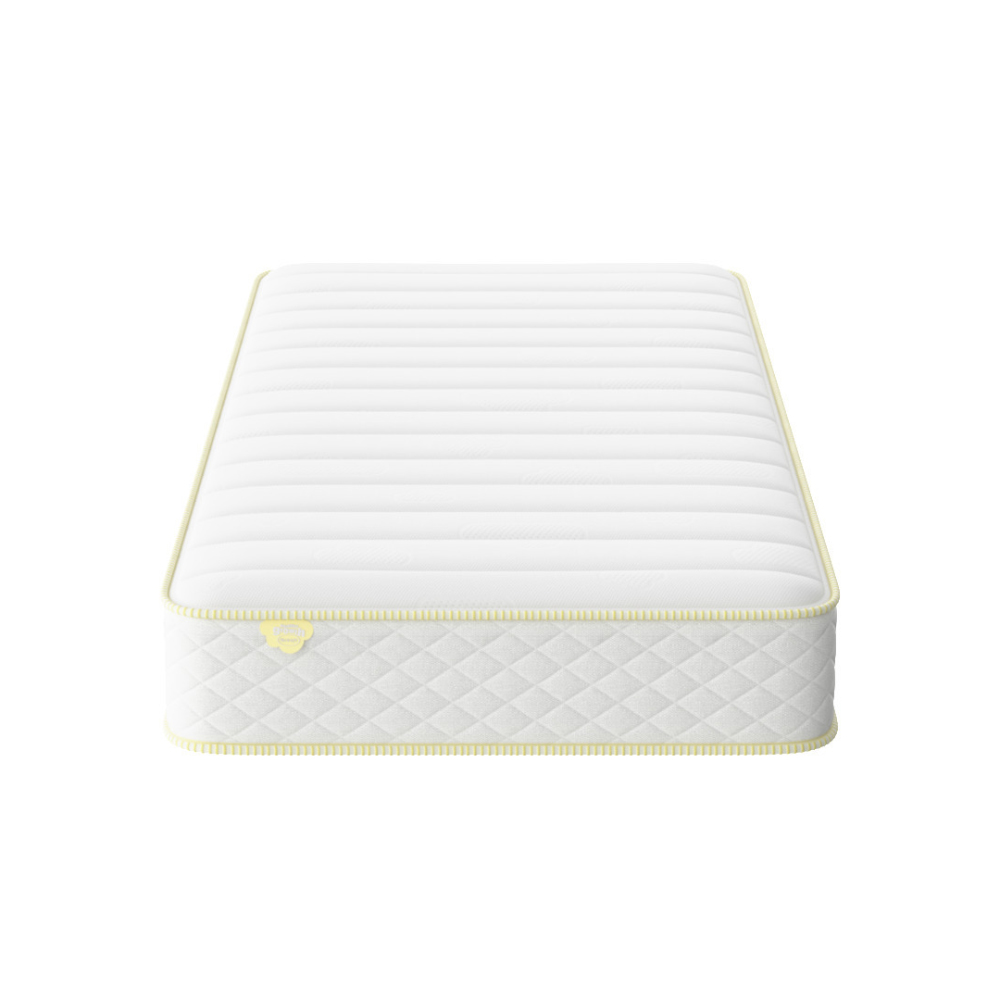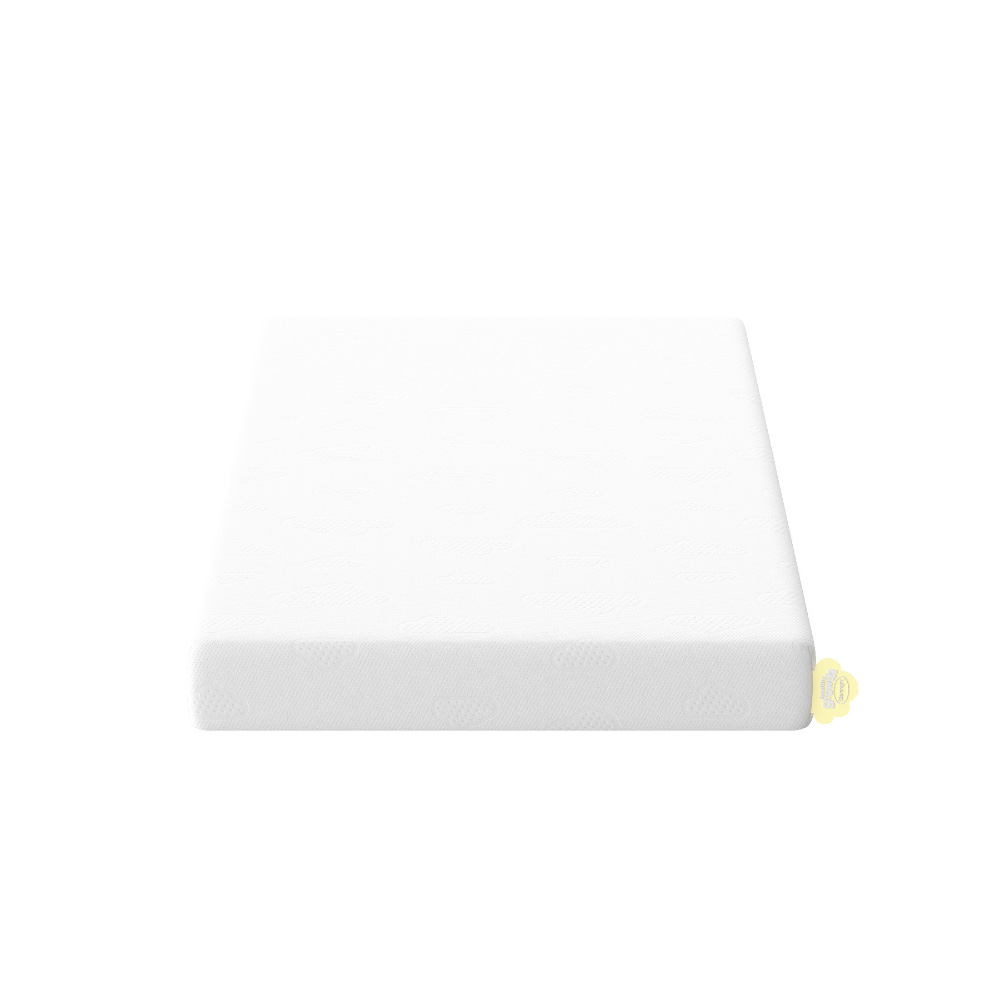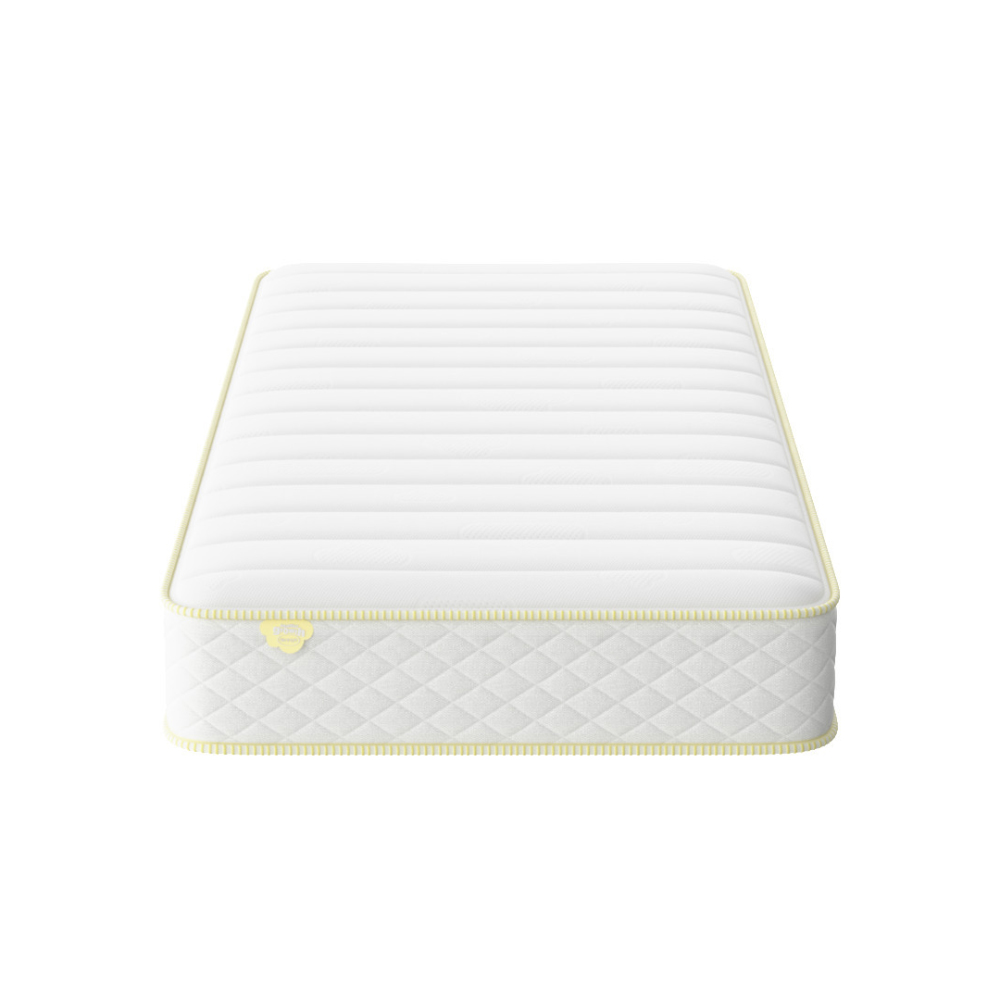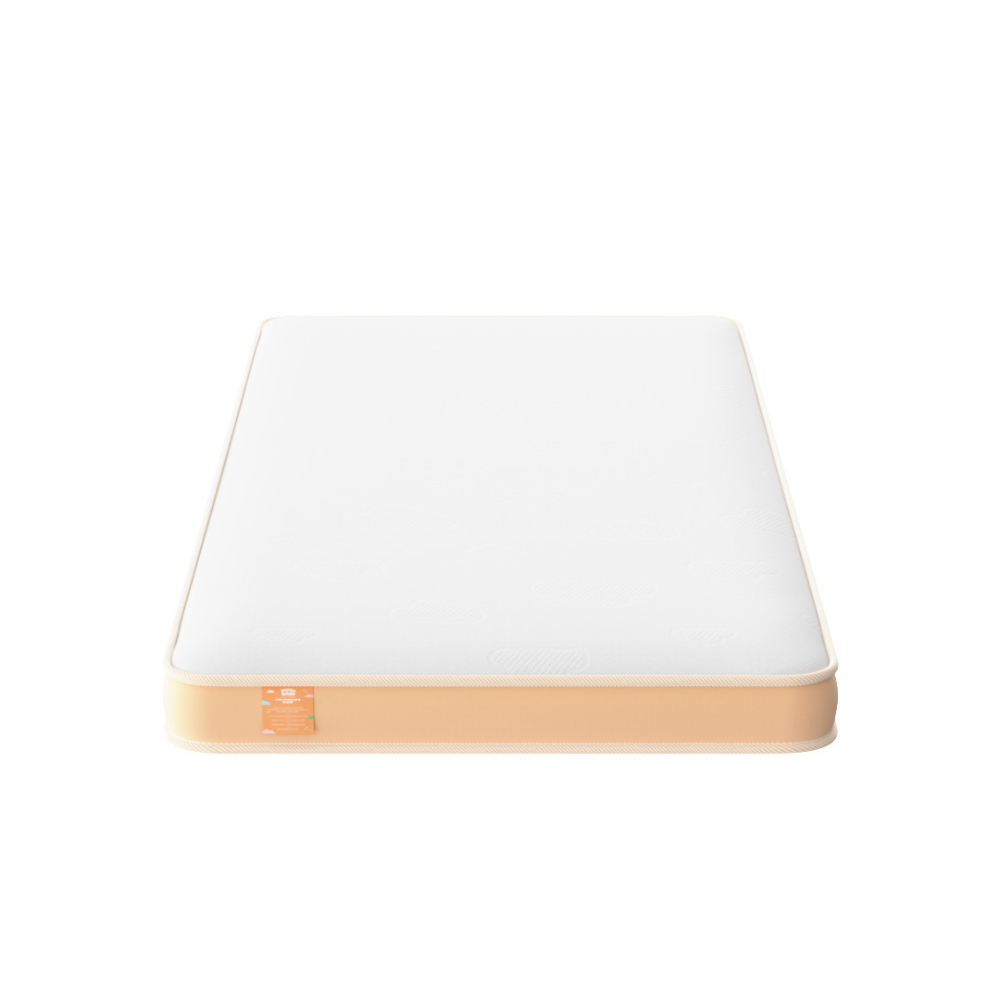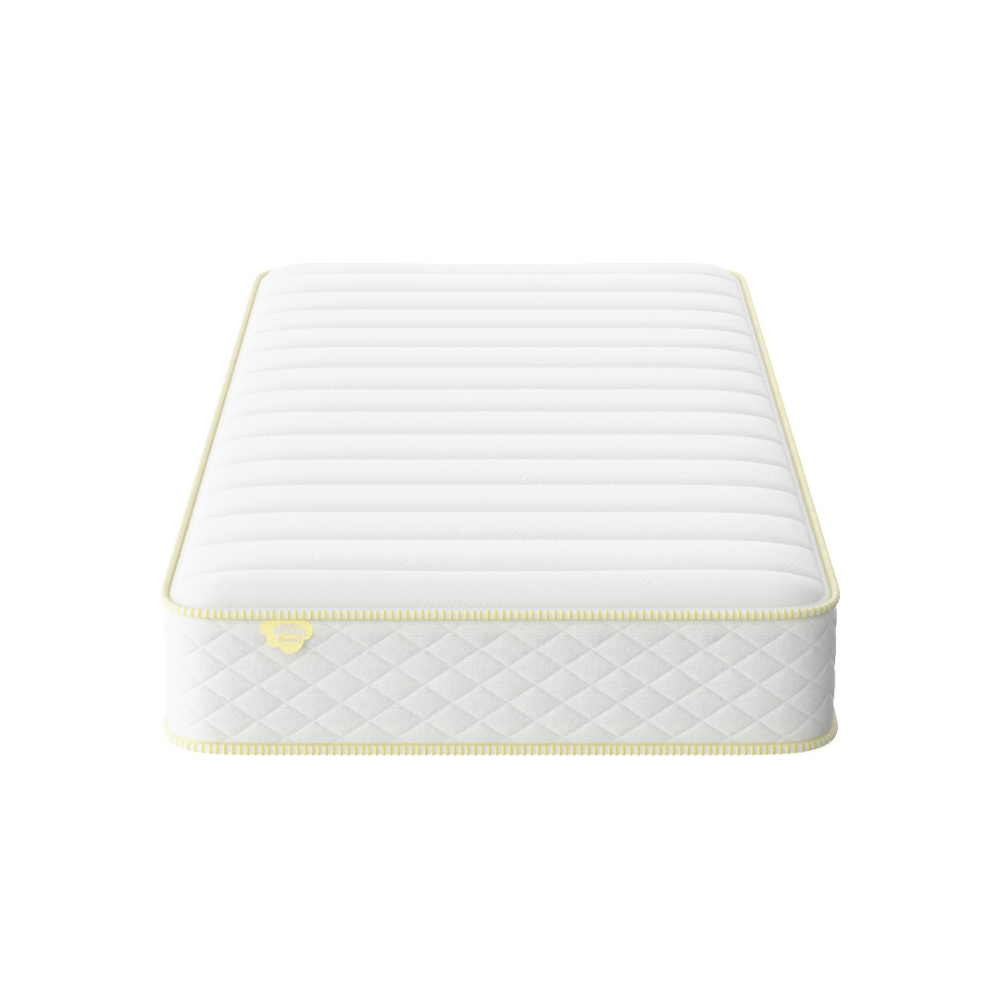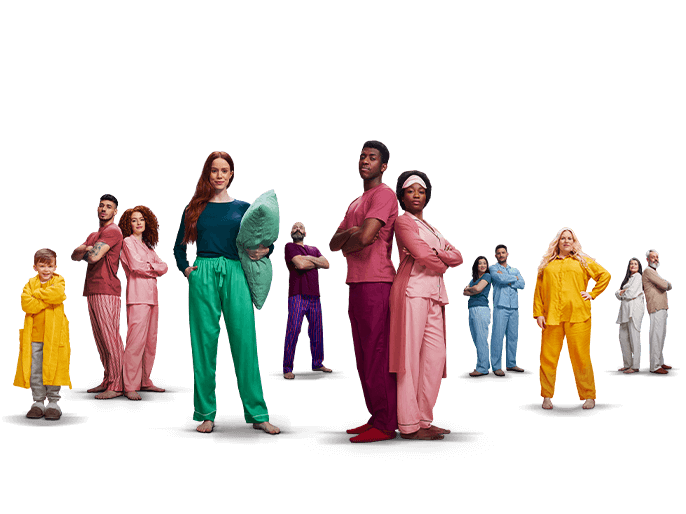how much sleep do babies and children need?
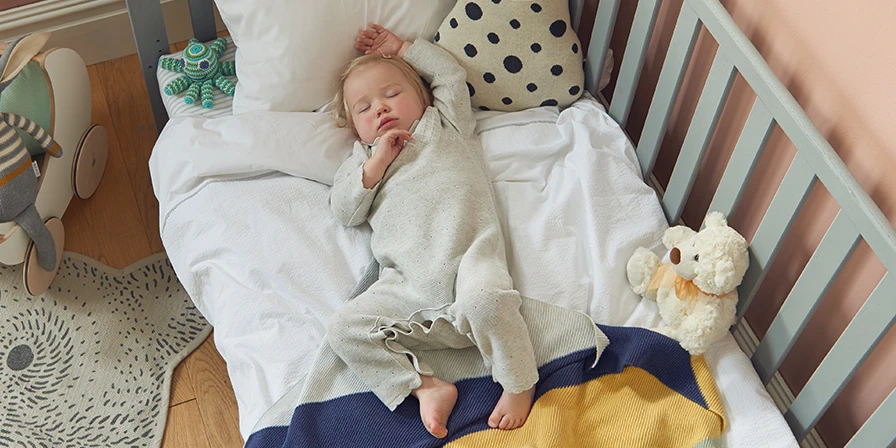
Whether you’ve just welcomed a newborn or have a child approaching school age, ensuring they get enough sleep is most likely a high priority for you as a parent. Sleep is vitally important to babies and young children, as they experience development that affects the brain, body, emotions and behaviour, setting the stage for continued growth, throughout childhood and into adolescence.
In this article, we share some general guidelines on how much sleep the average baby and child requires at various ages, but just bear in mind that every baby and child is different, with some needing more sleep than others. You should also be prepared for your baby’s or child’s sleep routine to fluctuate by quite a bit as they grow and develop. So, just how much sleep should your little one get each day? Well, according to the National Sleep Foundation, these are the recommended total number of hours babies and children should be getting: (1)
Newborns: 0-3 months - 14-17 hours
Infants: 4-11 months - 12-15 hours
Toddlers: 1-2 years - 11-14 hours
Preschool: 3-5 years - 10-13 hours
School age: 6-13 years - 9-11 hours
how much sleep do newborn babies need?
Newborn babies don’t yet have a sense of day or night and tend to sleep around the clock. Their tiny stomachs don’t hold enough milk to keep them satisfied for long and so this means they wake often wanting to be fed, no matter what time of the day or night it is. So, how long can you expect your newborn baby to sleep for? It’s recommended that newborns should get around 14-17 hours worth of sleep during a 24-hour period - this is broken up into shorter periods of time, which is due to their need for regular feeding.
Most sleep happens through the night, but it’s rare a newborn will sleep right through without waking up, and so it’s no surprise that the first few months of a baby’s life is the hardest time for parents. Every baby has a different sleep routine, with some starting to sleep through the night, for around 5-6 hours, by 2-3 months of age. It’s a good idea to try to create a rough structure for your newborn baby’s day, which allows time for feeding, daytime naps and periods of sleep during the night, and over time, you and your baby will start to settle into a routine.
Babies require a lot of sleep as they go through a substantial period of growth and you can expect them to take naps that last for around 3-4 hours during the day. Although nap time does decrease as your baby gets older, they can still continue to nap for 2-3 hours each day from 4-11 months of age. Napping is not only normal for babies, it's beneficial too, in that it helps to consolidate specific memories and is important for learning and brain development.
how much sleep do children need?
The amount of sleep children need changes significantly as they get older and as they approach school age, their sleep becomes similar to that of adults.
As your baby grows into a toddler, the amount of sleep they should be getting is around 11-14 hours each day, with nap time accounting for 1-2 hours of their daily sleep. For children of preschool age, around 10-13 hours worth of sleep is recommended. You can also expect nap times to get shorter and they may stop napping on a regular basis as they gradually start to obtain most of their sleep during the night. A good bedtime routine can help children of this age fall asleep faster and remain asleep through the night without waking.
When your child reaches school age, from 6 years old, they should aim to get around 9-11 hours of sleep, but because school age incorporates a wider age range, individual sleep requirements can vary. No matter which stage your child is at, getting enough quality sleep plays a vital role in their learning, concentration and overall physical and mental health.
how does sleep change as children get older?
Sleep architecture changes throughout our lives as well as the amount of sleep needed. Deep sleep is restorative sleep where a lot of growth hormones are being released, as babies and children are constantly growing they need a lot of deep sleep. However, lighter sleep (REM) has shown to have links with learning and development. All forms of sleep are necessary in order for your child to develop and learn. This is why babies and children need to sleep for longer, to get more of each type of sleep. As we get older we need less deep sleep which is why we don’t sleep for as long.
Gaining access to all types of sleep is still important. More deep sleep tends to happen in the first part of the night and lighter sleep happens in the latter half. When an adult doesn’t get enough sleep it is normally the lighter (REM) sleep that is affected which affects memory consolidation and the ability to learn & process information.
what can I do if my child is not getting enough sleep?
Creating the right bedroom environment, so a space that’s dark, quiet and comfortable, will go a long way to help your child get the quality sleep they need. It’s a good idea to establish healthy sleep habits, so a stable sleep schedule and bedtime routine, which will help to reinforce the importance of sleep. In fact, a regular bedtime routine has actually been linked to improved cognitive function, attention and other signs of well-being (2).
You can start your child’s bedtime routine around 30 minutes to two hours before bed and should include activities to help them wind down, such as a warm bath or reading a story - this will help soothe and relax them, so they feel sleepy, hopefully! A set pattern each night helps your child to settle before bed, so they have time to calm down before drifting off to sleep. By giving your child an opportunity to use up energy during the day and the chance to unwind before bed makes it easier for them to fall asleep and stay asleep too.
sleep guide for kids
Download our kids sleep guide, written for parents and teachers.
Sources:















